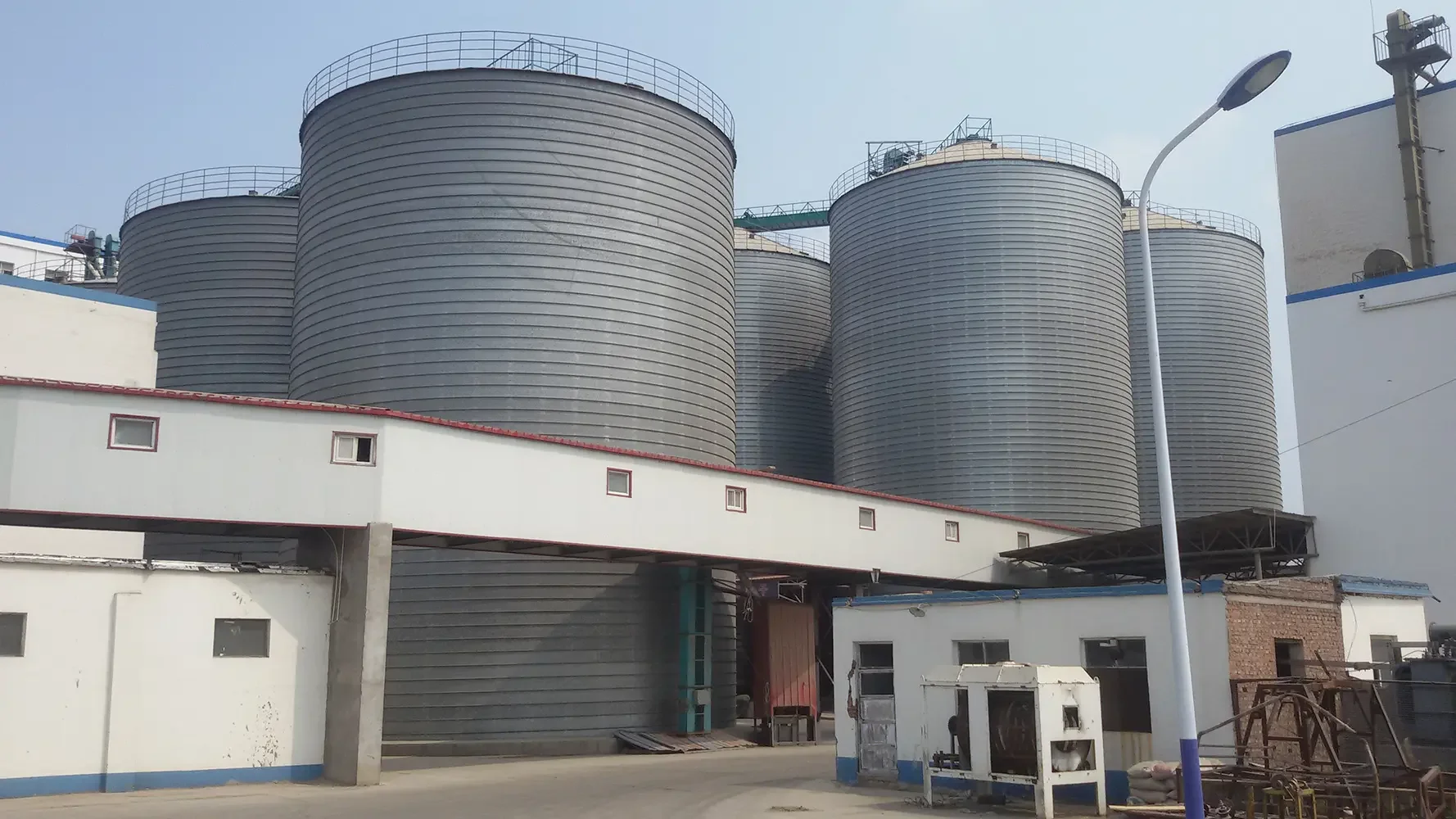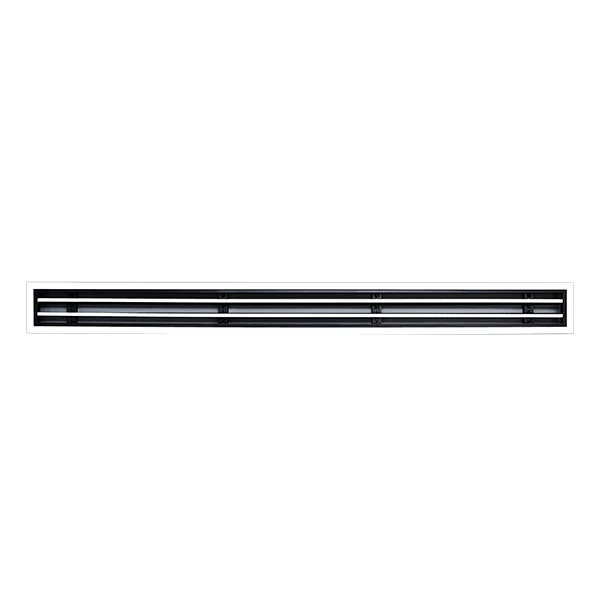In today's fast-paced world, the need for efficient and sustainable transportation has become more crucial than ever. As technology continues to advance, new modes of transportation are constantly emerging, transforming the way we travel and commute. In this blog post, we will explore the latest mode of transportation that is revolutionizing the industry, providing a glimpse into the future of mobility.
- The Rise of Electric Vertical Takeoff and Landing (eVTOL) Aircraft:
One of the most exciting advancements in transportation is the development of electric vertical takeoff and landing (eVTOL) aircraft. These futuristic vehicles combine the benefits of helicopters and airplanes, offering a new dimension of urban mobility. Powered by electric motors, eVTOL aircraft are environmentally friendly and significantly reduce noise pollution. With the ability to take off and land vertically, they can navigate congested urban areas, bypassing traffic and reducing travel time. Companies like Uber, Airbus, and Volocopter are already investing in this technology, aiming to make air taxis a reality in the near future. - Hyperloop: Redefining High-Speed Travel:
Imagine traveling at speeds of up to 700 miles per hour in a pod through a low-pressure tube. This is the concept behind the Hyperloop, a revolutionary mode of transportation that could transform long-distance travel. Proposed by Elon Musk, the Hyperloop utilizes magnetic levitation and low air resistance to propel pods at incredible speeds. With the potential to connect cities and regions, the Hyperloop promises to revolutionize transportation, making it faster, more efficient, and environmentally friendly. - Autonomous Vehicles: Shaping the Future of Transportation:
Autonomous vehicles, or self-driving cars, have been making headlines in recent years. With advancements in artificial intelligence and sensor technology, these vehicles are becoming increasingly sophisticated and reliable. Autonomous vehicles have the potential to enhance road safety, reduce traffic congestion, and optimize fuel efficiency. Companies like Tesla, Waymo, and Uber are at the forefront of this technology, conducting extensive research and testing to bring fully autonomous vehicles to the market. As regulations and infrastructure adapt to accommodate autonomous vehicles, they are poised to become the latest mode of transportation for everyday commuters. - Personal Rapid Transit (PRT): Customized and Efficient:
Personal Rapid Transit (PRT) systems offer a personalized and efficient mode of transportation within urban areas. PRT utilizes small automated vehicles that operate on dedicated tracks or guideways. Passengers can select their destination, and the PRT system calculates the most efficient route, minimizing travel time and congestion. PRT systems are scalable, allowing for easy expansion and integration into existing transportation networks. Cities like Masdar City in the United Arab Emirates and Morgantown in West Virginia have already implemented PRT systems, showcasing their potential to revolutionize urban transportation.
Conclusion:
The latest mode of transportation is not limited to a single innovation but rather encompasses a range of groundbreaking technologies. From eVTOL aircraft and Hyperloop to autonomous vehicles and PRT systems, the future of transportation is set to be faster, more efficient, and environmentally sustainable. As these technologies continue to evolve and become more accessible, they have the potential to reshape our cities, redefine commuting, and revolutionize the way we travel. Embracing these advancements will not only enhance our quality of life but also contribute to a greener and more connected world.


More Stories
How Global Trade Moves Faster Through Structured Border Compliance?
Seeing More Behind the Wheel Why Truck Backup Camera System Matters
Electric Rescue ATV Vehicle Redefining Rapid Response in Complex Terrain